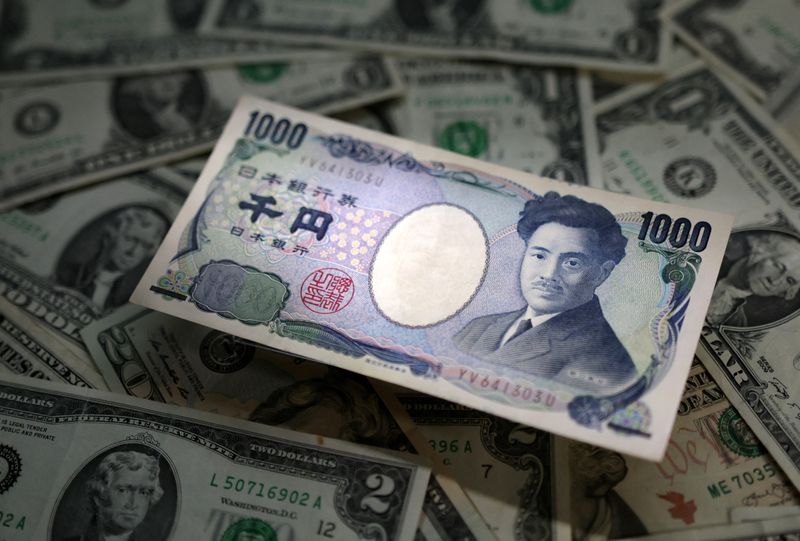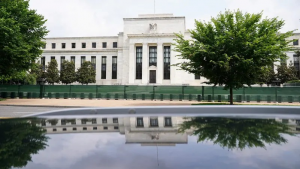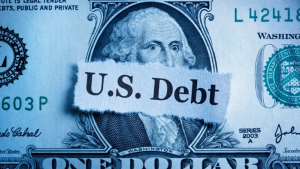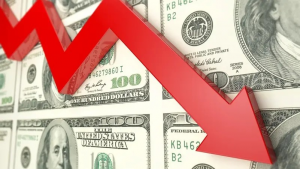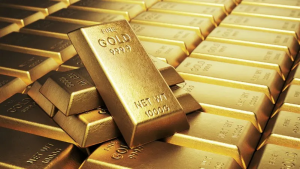The yen jumped in the wake of comments from Bank of Japan (BOJ) Governor Kazuo Ueda at a press conference after the central bank raised interest rates and unveiled a plan to taper its huge bond-buying programme.
The yen strengthened more than 1% to hit an intraday high of 150.61 per dollar, its strongest level since March, shortly after Ueda finished speaking.
Ueda left the door open to further rate hikes from the BOJ this year, and said the central bank did not see the 0.5% level "as any key barrier" when raising rates.
"The market... got a bit excited that Ueda opened the door to further rate hikes, especially if the economy pans out according to the Bank of Japan's forecast," said Moh Siong Sim, a currency strategist at Bank of Singapore.
Ueda's comments come after the BOJ had earlier on Wednesday raised its overnight call rate target to 0.25%, from 0-0.1%, at the conclusion of its two-day monetary policy meeting and announced it would roughly halve monthly bond-buying to 3 trillion yen ($19.88 billion) as of January-March 2026.
Analysts said that while Wednesday's rate hike had been well telegraphed thanks to various news reports, it still defied the market consensus. The BOJ's tapering plan, meanwhile, came in more modest than expected.
The yen looked set to end July with a gain of more than 6%, also helped by Tokyo's bouts of intervention and the unwinding of short-yen carry trades prior to the BOJ decision.
3rd party Ad. Not an offer or recommendation by Investing.com. See disclosure here or remove ads. The month-end marked a busy day for investors given a slew of data releases across major markets, with a policy decision from the U.S. Federal Reserve taking centre stage.
Euro zone inflation figures were also due later on Wednesday, after preliminary data showed French consumer prices rose slightly less than expected in July.
At the same time, spreading geopolitical violence continued to cast a cloud.
The Australian dollar slid to its weakest since May after core inflation surprised on the downside and greatly lessened the risk of another rate hike.
The Aussie was last 0.57% lower at $0.6501, having fallen roughly 0.9% to a three-month low of $0.6480 after the Consumer Price Index data. That left the currency heading for a monthly loss of 2.5%.
Markets abandoned bets of a further rate hike from the Reserve Bank of Australia and are now wagering on an easing as early as November. The RBA holds its policy meeting next week.
"If the RBA needed a smoking gun to tip the balance towards hikes next week, then this quarterly CPI print, while it certainly won't please the RBA, isn't sufficient to convince them to hike by 25bp next week," said Chris Weston, head of research at Pepperstone.
Elsewhere, China's July manufacturing activity contracted for a third month, an official factory survey showed on Wednesday, keeping alive expectations Beijing will need to do more to prop up its shaky economic recovery.
BRACING FOR THE FED
The euro was flat at $1.0815 and was headed for a roughly 1% gain in July, helped by a broadly weaker dollar. The New Zealand dollar edged 0.29% higher to $0.5920, though was on track to lose nearly 3% for the month.
3rd party Ad. Not an offer or recommendation by Investing.com. See disclosure here or remove ads. The British pound ticked 0.02% higher to $1.2839 and was eyeing a monthly gain of 1.5%.
Sterling options volatility exploded to its highest in almost a year, reflecting the degree of nervousness ahead of Thursday's Bank of England rate decision where the chances of a cut are up in the air.
Traders were also keenly awaiting the Fed's rate decision, likely the next main catalyst for broad currency moves. Expectations are for the U.S. central bank to lay the groundwork for a September rate cut.
Markets expect a September start to the Fed's easing cycle, with about 68 basis points worth of cuts priced in for the rest of the year.
The dollar index dipped 0.2% to 104.25 and was set for a monthly loss of 1.5%.
"We expect (the Fed) to open the door to a first interest rate cut in September. In our view, such a move today could send the wrong signal to markets and could spook investors," said Barclays Private Bank chief market strategist Julien Lafargue.
"On the other hand, with markets already pricing in slightly more than 25bp worth of cuts in September, the Fed may find it hard to push back against these expectations." ($1 = 150.8900 yen)

